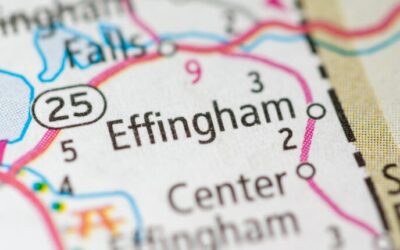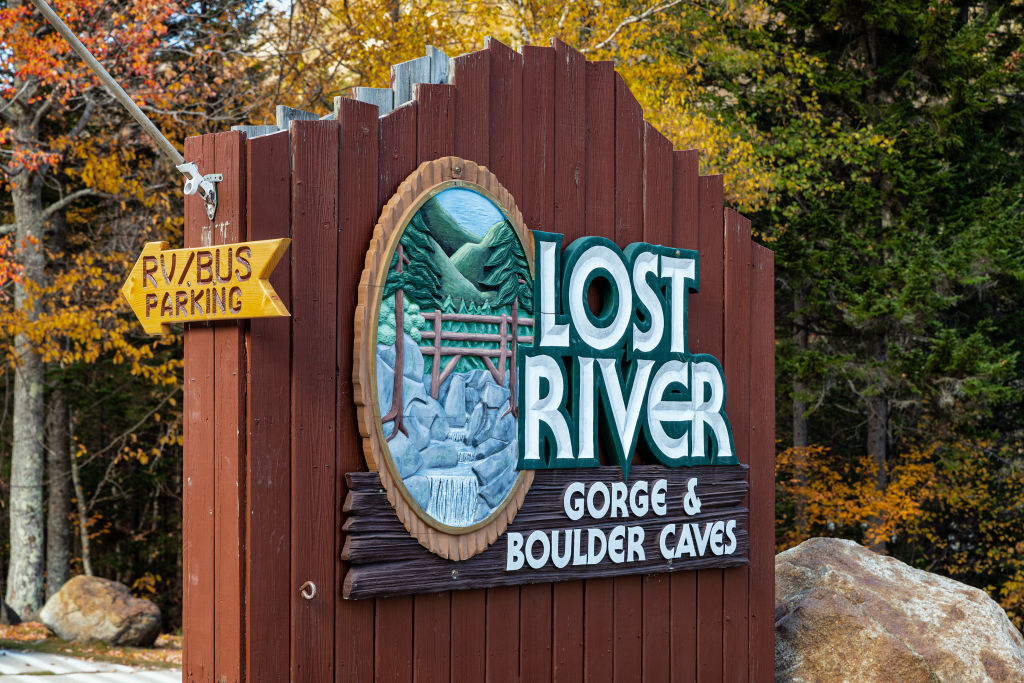
Photo courtesy John Greim/LightRocket/Getty Images.
From their ancient origins to new interactive experiences, dive into these fascinating facts about New Hampshire’s Lost River Gorge and Boulder Caves.
Embark on an adventure through Lost River Gorge and Boulder Caves, where nature’s artistry spans 300 million years.
Nestled in New Hampshire’s Kinsman Notch, this mesmerizing site features a river that disappears beneath granite boulders, only to reemerge in the Pemigewasset River. From its origins in glacial movements to the modern-day lantern-lit night tours, Lost River offers a blend of history, geology, and sheer natural beauty. Perfect for history buffs, geology enthusiasts, and avid hikers, this destination promises an unforgettable journey through time and terrain.
Here are some more fascinating facts about Lost River Gorge and Boulder caves:
1. Ancient Origins
The formation of Kinsman Notch and Lost River Gorge began around 300 million years ago. The Ice Age played a crucial role, with glaciers more than a mile thick shaping the notches and mountains, leaving behind a landscape of stunning beauty.
2. Lost River’s Name
The gorge gets its name because the brook flowing from the southeast part of Kinsman Notch disappears below the surface, running through granite boulders before emerging to join the Pemigewasset River.
3. First Exploration
The first recorded exploration of Lost River was in 1852 by the Jackman brothers. Lyman Jackman fell into what is now known as Shadow Cave, sparking the discovery of many other caves in the area.
4. Conservation Efforts
In the early 1900s, increased logging threatened the area’s beauty. The Society for the Protection of New Hampshire Forests purchased Lost River in 1912 to preserve it, a mission they continue today in collaboration with the White Mountains Attractions Association.
5. Lantern Tours
Lost River offers unique night tours where visitors explore the gorge and caves lit by lanterns and headlamps. These tours provide a completely different perspective of the natural wonder, ending with s’mores around a campfire.
6. Geological Wonders
The boulders in the gorge are remnants of ancient geological activity. Over millions of years, erosion and glacial movements shaped the Kinsman Quartz Monzonite and Pegmatite Dikes, creating the dramatic landscape seen today.
7. Mining for Treasures
Visitors can try their hand at gemstone and fossil mining at the Lost River Mining Company. The activity involves panning for treasures like amethyst, crystal points, and shark teeth, making it a hit with all ages.
8. Cultural History
The Lost River area is steeped in history, from its early settlers to its role in the conservation movement. The gorge itself serves as a natural museum, showcasing the interplay of natural forces over millennia.
9. Trail Adventures
The Kinsman Notch Ecology Trail offers a moderate half-mile hike with interpretive markers. This trail provides insights into the natural history and ecology of the area, enhancing the visitor experience. For those seeking more of a challenge, the nearby Kinsman Notch Trail is a 6.4-mile out-and-back hike with beautiful views and diverse terrain. This trail is perfect for hikers looking to explore more of the stunning Kinsman Notch area, including lush forests and mountain streams.
10. White Mountains Region
Lost River is part of the White Mountains, a popular New England destination known for its scenic beauty, outdoor activities, and iconic attractions like the Kancamagus Highway and Franconia Notch State Park.
11. Water-Powered Caves
The gorge’s boulder caves were formed by water erosion. As glaciers melted, the water carried debris that scoured the rocks, creating the intricate network of caves and passageways visitors explore today.
12. Visitor Experience
With well-maintained boardwalks and staircases, Lost River Gorge is designed to be accessible while preserving its natural state. Thousands of visitors from around the world come to marvel at its beauty each year.
13. Seasonal Beauty
The White Mountains region, including Lost River, is a four-season destination. Visitors can enjoy spectacular fall foliage, spring wildflowers, summer hiking, and winter activities, making it a year-round attraction. However, the attraction states that May, June, September, and October are the least busy months.
14. Educational Opportunities
Lost River offers educational tours and programs that highlight the geological and ecological significance of the area, making it a valuable resource for schools and educational groups. Click here to learn more about group tours and reservations.
15. Diverse Ecosystem
The gorge supports a diverse range of plant and animal life, thanks to its unique microclimate. This biodiversity is part of what makes exploring Lost River such an enriching experience.
16. Historical Preservation
The effort to preserve Lost River began over a century ago and continues today, ensuring that future generations can enjoy and learn from this natural treasure.
17. Scenic Drives
The Lost River area is accessible via scenic drives like the White Mountains Trail, enhancing the overall experience with breathtaking views and easy access to other regional attractions.
18. Community Engagement
Lost River Gorge actively engages with the local community through events, educational programs, and conservation efforts, fostering a deeper connection between people and nature.
This article first appeared on Good Info News Wire and is republished here under a Creative Commons license.
This story was generated in part by AI and edited by The Granite Post staff.
READ MORE: The Manchester Pet Guide: The best dog parks, according to locals

5 unsung films that dramatize America’s rich labor history
By Peter Dreier, Occidental College The U.S. is in the midst of a new upsurge of union organizing. Is a Hollywood drama about angry Starbucks...

What New Hampshire’s immigrant population looked like in 1900
What New Hampshire's immigrant population looked like in 1900 Since the first successful English colony settled in Jamestown in 1607, flows of...
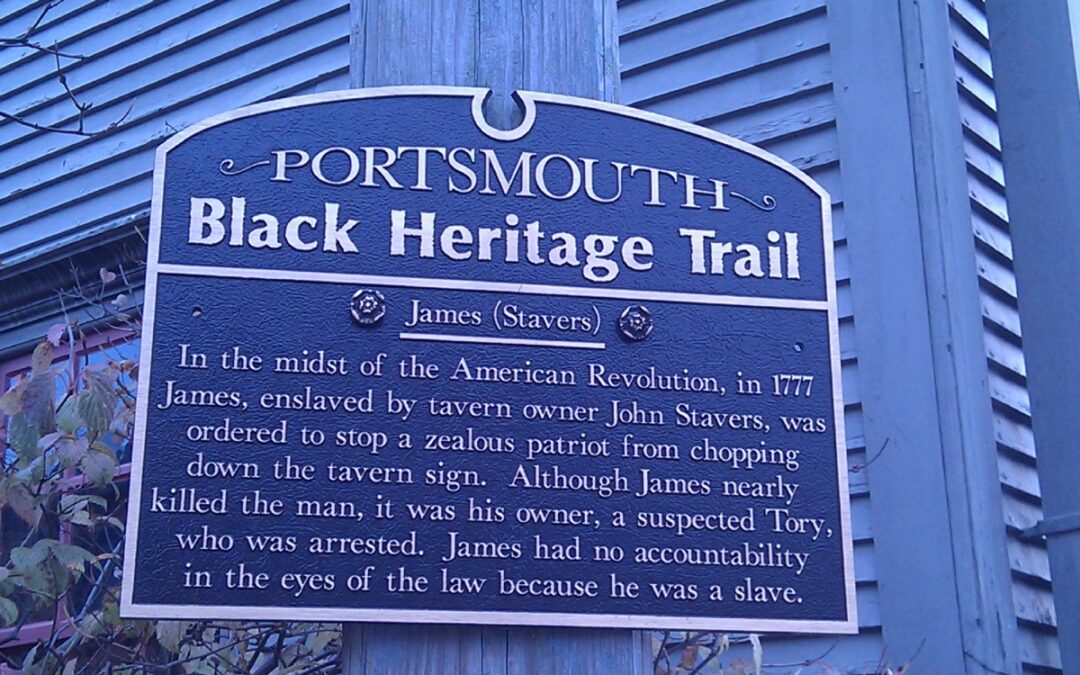
Take a trip along the Black Heritage Trail of NH
The Black Heritage Trail features a series of historic markers throughout NH towns. It serves as an acknowledgment of the history of Black...

The answers to 6 burning questions about Mount Washington
Head up New Hampshire’s tallest peak with these facts about Mount Washington tucked into your backpack. As we approach hiking season, it’s good to...
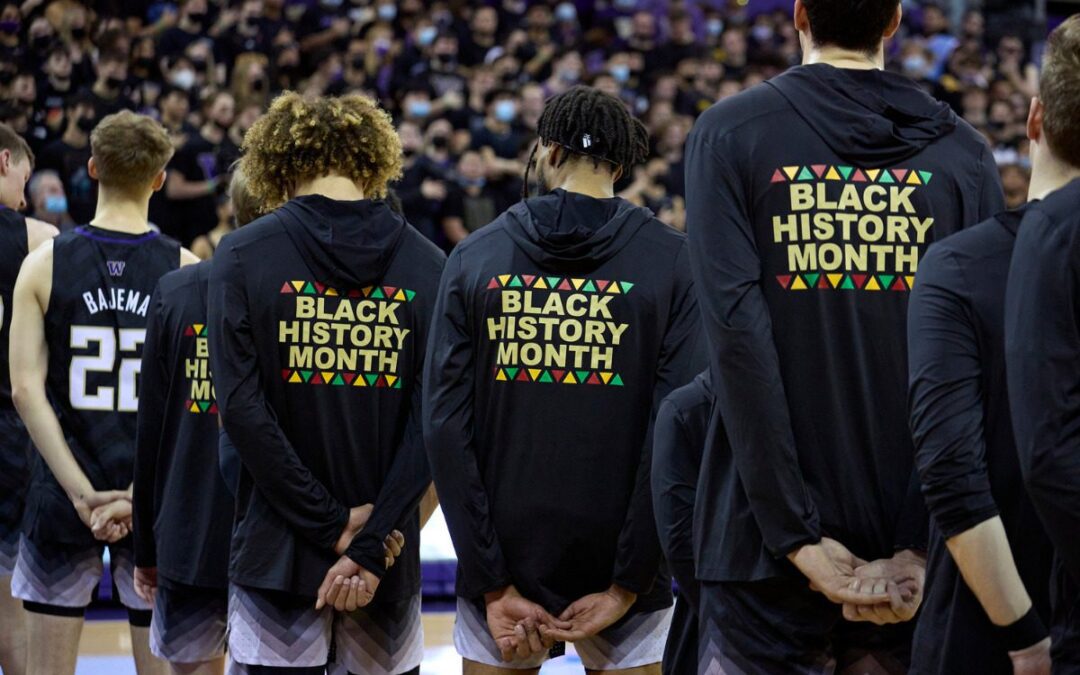
Black History Month explained: Its origins, celebrations and myths
By HAYA PANJWANI Associated Press WASHINGTON (AP) — Beginning Feb. 1, schools, museums and communities across the nation will mark the start of...
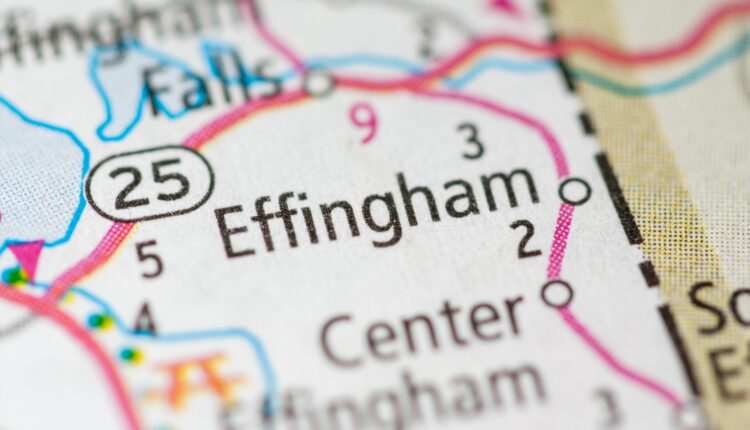
The strangest New Hampshire town names
Learn about seven funky New Hampshire town names and the fascinating stories behind them. 1. Stark Though its name might sound basic and bare, this...


